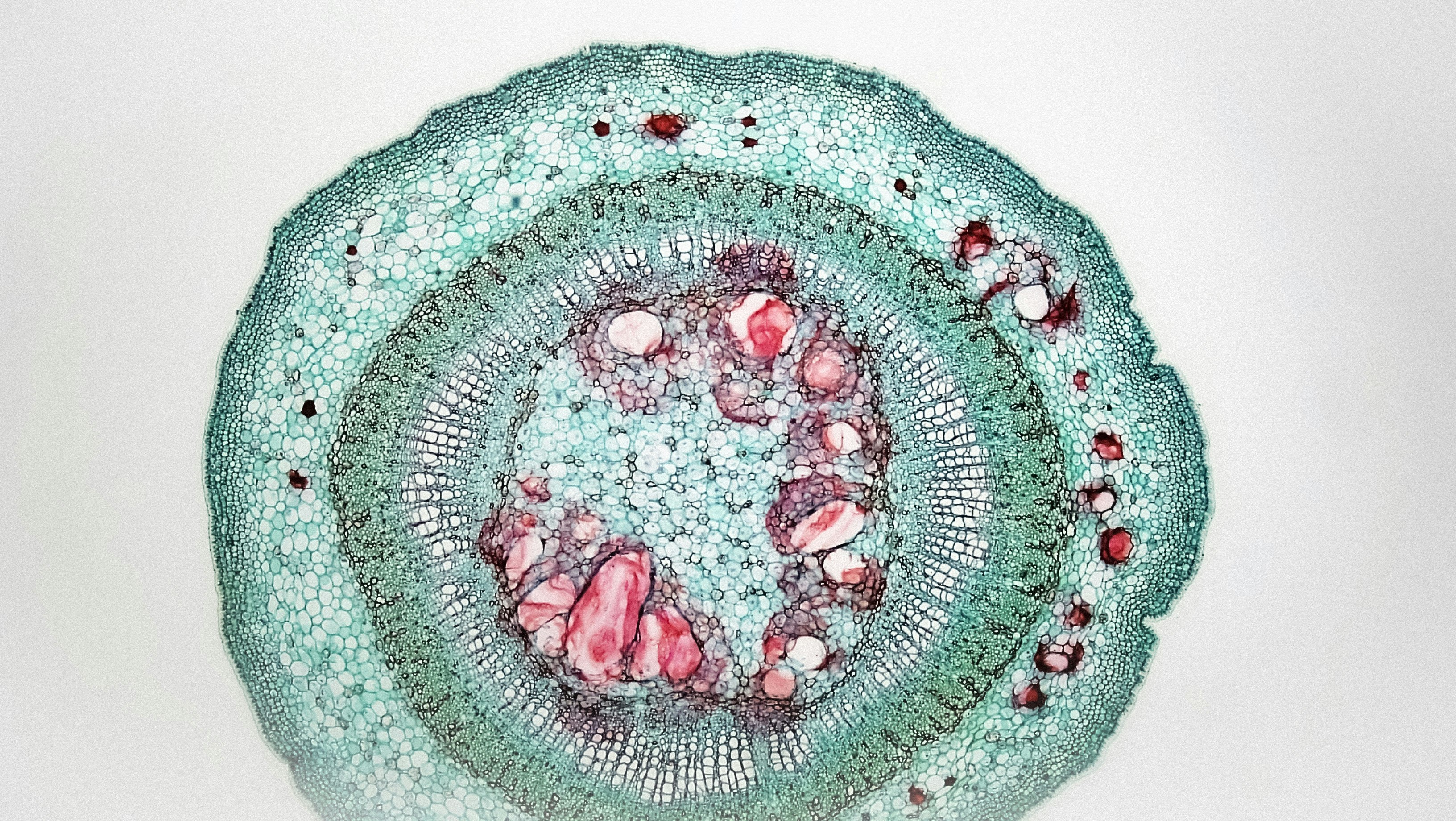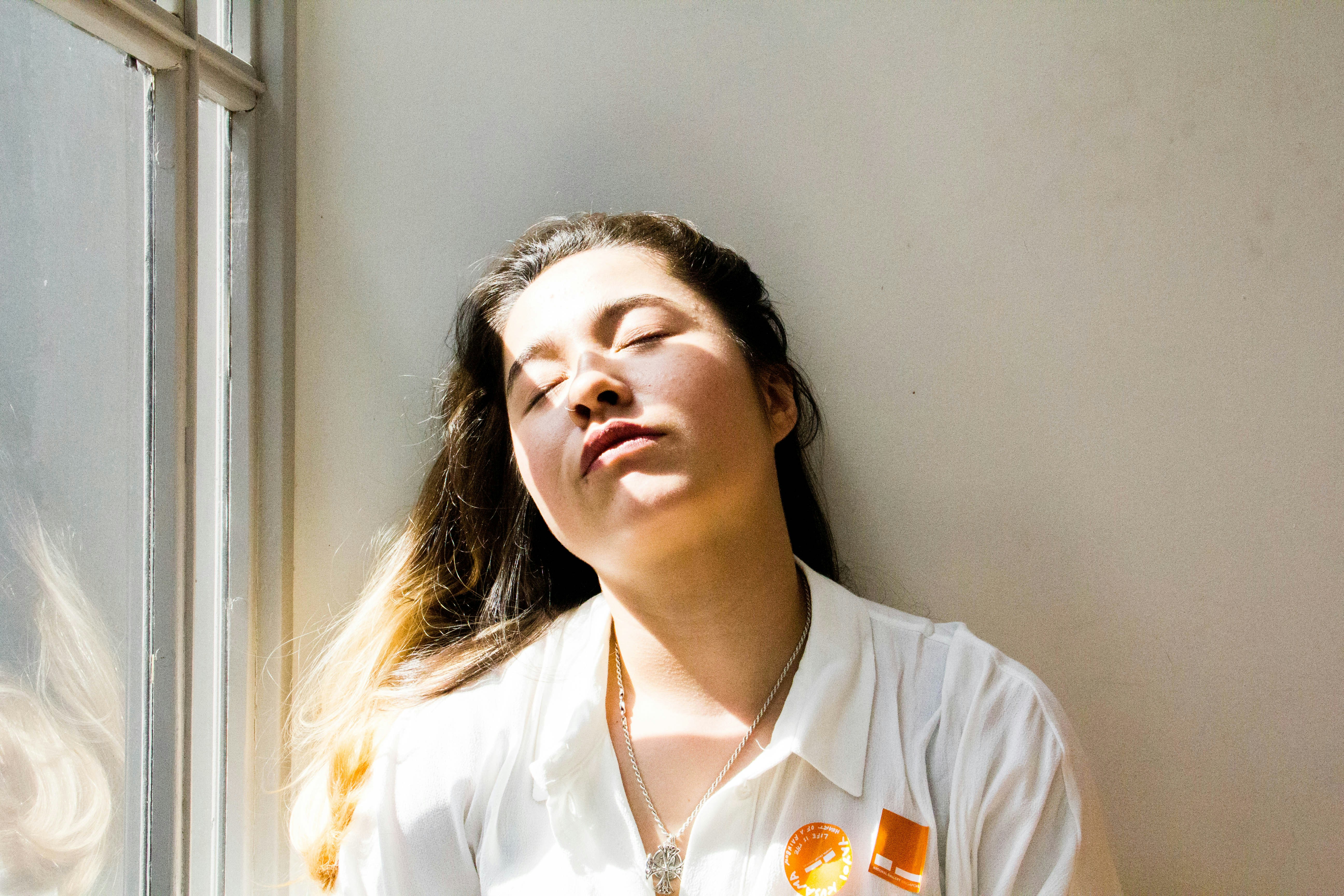Strange but true: scientists are finding that what thrives in your gut may echo in your ears. We’re early in this research, but the story is compelling—your microbiome (the trillions of microbes in your gut, mouth, and nose) could influence ear infections, tinnitus flare-ups, and even how resilient your hearing is to stress and noise. Let’s explore what the evidence says, what it doesn’t, and how to support an “ear-friendly” microbiome without falling for hype.
Why scientists think the gut and ears are connected
Your ears aren’t isolated. They’re wired into your immune system, nervous system, and the tiny blood vessels that nourish the inner ear. The microbiome talks to all three.
The immune highway
- Microbes train the immune system. A balanced gut microbiome helps your body react to real threats and chill out when it should. Too much immune fire (chronic inflammation) can stress delicate ear structures and may worsen tinnitus or recovery after noise exposure.
- Short-chain fatty acids (SCFAs). Friendly gut bacteria make SCFAs from fiber. SCFAs help regulate inflammation and keep barriers tight—including those protecting inner ear fluids.
Nerves, stress, and the brain–ear link
- The gut–brain axis runs both ways through the vagus nerve, hormones, and immune signals. Stress can change the microbiome and vice versa. Because attention, stress, and limbic (emotional) networks modify how we perceive sound, the microbiome may indirectly shape tinnitus loudness and listening fatigue.
- Autonomic balance. The same system that speeds your heart during stress also influences the tiny muscles and blood flow that support hearing. Calmer nervous system, calmer ears.
The local neighborhood: mouth, nose, and middle ear
- The mouth and nasopharynx (back of the nose) have their own microbiomes. They connect to the middle ear via the Eustachian tube. Shifts in these communities are linked to recurrent ear infections, especially in kids, though adults aren’t immune.
- Biofilms. Some bacteria form protective films that resist antibiotics and linger in the middle ear. A healthier microbial balance may make biofilms less likely to take over.
What early studies show (without overpromising)
We’re still connecting dots, and most data are observational or in animals. Here’s the gist of what’s emerging:
- Recurrent otitis media and nasopharyngeal microbiota. Children with frequent ear infections often show less microbial diversity and more of certain pathogens in the nose/throat. Adult parallels exist but are less studied.
- Antibiotics and infection patterns. Necessary antibiotics save lives. But repeated or unnecessary courses can disrupt microbial balance, which may raise the risk of some infections later. This is why clinicians emphasize smart, evidence-based antibiotic use.
- Noise resilience in animal models. In mice, changing gut bacteria (via diet or antibiotics) alters systemic inflammation and can shift vulnerability to noise-induced hearing damage. Human translation is ongoing, but it flags a plausible pathway.
- Tinnitus and inflammation. People with tinnitus frequently report flares during illnesses, poor sleep, or high stress—states tied to inflammatory shifts. Emerging research connects gut imbalance with systemic inflammatory markers that could modulate tinnitus perception.
- Metabolic health, microbiome, and hearing. Diabetes and cardiovascular risks are linked with hearing loss. The microbiome influences metabolic inflammation, suggesting another indirect pathway between gut health and hearing.
Important: These findings don’t mean a probiotic will “cure” tinnitus or prevent hearing loss. But they do suggest that supporting a balanced microbiome is one more lever for ear health—alongside proven habits like noise protection and regular hearing care.
Ear-friendly microbiome: practical steps that actually make sense
No powders, potions, or promises. Just habits with solid whole-body benefits that may also help your ears.
Feed the good guys
- Go fiber-forward. Aim for a colorful variety of plants (vegetables, fruits, beans, lentils, oats, nuts, seeds). Different fibers feed different microbes, which seems to matter more than any single “superfood.”
- Include fermented foods you enjoy. Yogurt with live cultures, kefir, kimchi, sauerkraut, miso, tempeh, and kombucha can modestly boost microbial diversity for many people.
- Favor minimally processed over ultra-processed. Emulsifiers and excess sugar can nudge microbes in the wrong direction for some individuals.
Protect the mouth–nose–ear corridor
- Daily oral care. Brush, floss, and consider tongue cleaning. A healthier oral microbiome can support the whole upper airway environment, including the Eustachian tube.
- Nasal hydration. Saline sprays or rinses may help when air is dry or during allergy seasons. Keeping the nose calm keeps Eustachian tubes happier.
- Smoking and heavy alcohol? Big no for ears and microbes. Both disrupt barriers and microbiota and raise infection and hearing-risk profiles.
Use antibiotics wisely—with your clinician
- Antibiotics are essential when needed. For ear infections and sinusitis, many cases are viral or resolve without antibiotics. Your clinician can help decide. Avoid pressuring for antibiotics “just in case.”
- If prescribed, take exactly as directed and finish the course. Discuss gut-friendly strategies (dietary fiber, possibly fermented foods) with your healthcare team.
Sleep, stress, and movement: the quiet trio
- Sleep consistency boosts both microbiome balance and tinnitus coping. Aim for a steady schedule and a dark, cool bedroom.
- Move most days. Even brisk walks support microbial diversity and cardiovascular health that feeds the inner ear’s tiny vessels.
- Downshift stress. Breathing practices, yoga, gardening, or a daily “micro-break” can ease autonomic arousal that amplifies tinnitus.
Smart ear care still rules
- Noise exposure: your top modifiable risk. Carry earplugs, set device limits, and keep concert protection non-negotiable.
- Skip cotton swabs. They push wax deeper and can injure the canal. If wax bothers you, ask an audiologist or ENT about safe removal.
- Dry ears after water time. Tip your head, towel outer ear, consider a gentle hair-dryer cool setting at arm’s length.
What this does NOT mean
- No miracle probiotic for tinnitus or hearing loss. Strain-specific effects are real, but we don’t have ear-specific recommendations yet.
- No crash cleanses. Extreme diets can backfire on your microbes, energy, and mood.
- No self-diagnosis. If you have ear pain, sudden hearing changes, drainage, dizziness, or one-sided symptoms, see an audiologist or ENT promptly.
Where an audiologist fits in
Even if you’re experimenting with diet or stress reduction, get your ears on record. An audiologist can:
- Run a baseline hearing test so you can track change over time.
- Assess middle ear function if you get frequent pressure or infections.
- Guide evidence-based tinnitus care (sound therapy, counseling strategies, and device options).
- Help you dial in hearing aids or assistive tech so your brain (and stress levels) work less in noise.
If recurring infections, reflux, allergies, or digestive symptoms are in the mix, consider a team approach: audiologist + primary care or ENT. Better ears often start with better whole-body health.
Like experiments? Try a 4-week ear–microbiome reset
This isn’t a medical treatment—just a structured way to notice patterns. If you have health conditions or take medications, clear changes with your clinician.
Weeks 1–2: Build the base
- Add 1–2 plant foods you rarely eat every day (think lentils Monday, kiwi Tuesday, red cabbage Wednesday). The goal: 25–30 different plants weekly.
- Include a fermented food daily if tolerated.
- Walk 20–30 minutes most days; set a regular bedtime and wake-up time.
- Noise-proof your week: carry earplugs, cap volumes, and log loud events.
Weeks 3–4: Refine and reflect
- Notice digestion, energy, sleep quality, and stress. Any tinnitus changes? Fewer head colds or congestion? Less ear fullness after flights or workouts?
- Trim ultra-processed snacks; swap in nuts, fruit, or hummus and veggies.
- Keep an “ear journal.” Track perceived tinnitus loudness, listening fatigue (0–10 scale), and any ear pressure/pain episodes.
After four weeks, book or review your baseline with an audiologist. Even if the ear journal didn’t change, you’ve banked habits that protect hearing for the long run.
The bottom line
Your ears live in the same body as your gut. While we shouldn’t oversell early science, the microbiome’s influence on immunity, stress, and inflammation makes it a promising player in ear health. Combine gut-smart habits with classic hearing protection and regular check-ins with an audiologist. That’s a sound plan—pun intended.
Further Reading
- The Gut–Ear Connection: How Your Microbiome Might Shape Hearing and Tinnitus (Research) - Your Heart, Your Hearing: The Cardiometabolic Link You Can’t Afford to Ignore (Research) - When Sleep Talks to Your Ears: Apnea, Insomnia, and the Circadian Cochlea (Research) - From Gut to Cochlea: The Microbiome–Hearing Connection (What the Science Actually Says) (Research)Frequently Asked Questions
Can probiotics fix my tinnitus?
There’s no solid evidence that a specific probiotic cures tinnitus. Some people notice indirect benefits when general inflammation, stress, sleep, or digestion improve—but that’s not guaranteed and isn’t a replacement for tinnitus care. If tinnitus is bothersome, consider an audiologist-led plan that can include sound therapy, counseling strategies, and, when appropriate, hearing devices.
Which probiotic strain is best for ear infections?
We don’t have ear-specific strain recommendations for adults. Some strains are being studied for upper respiratory health, but results are mixed and context-dependent. Emphasize a diverse, fiber-rich diet and good oral/nasal hygiene, and work with your clinician on whether a probiotic trial makes sense for you—especially if you have immune conditions or take medications.
Should I avoid antibiotics to protect my microbiome?
No—take antibiotics when your clinician recommends them. They’re lifesaving and sometimes necessary for ear and sinus infections. The key is smart use: confirm the need, use the right drug for the right duration, and avoid leftover or “just-in-case” antibiotics. Supporting your diet, sleep, and stress can help your microbiome recover afterward.
Is there a test for my ear or gut microbiome to guide hearing treatment?
Consumer microbiome tests aren’t validated to direct hearing care. They may offer general insights but don’t diagnose disease or prescribe specific diets for your ears. For ear symptoms, start with an audiologist or ENT. For digestion or metabolic questions, loop in your primary care clinician.



